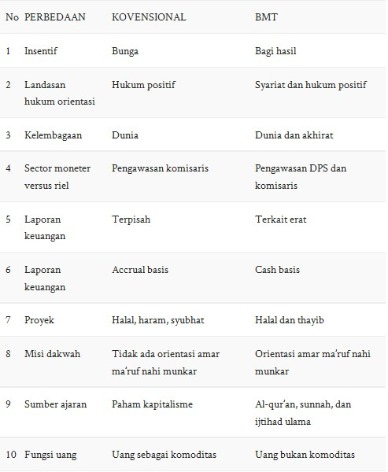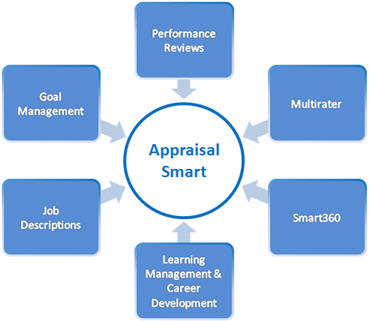What Is the Difference Between Cash and Accrual Accounting?

If you manage inventory or make more than $5 million a year, accrual-basis accounting is the only method for you. Accrual-basis accounting is the more complicated method, but it’s also more accurate. Plus, most accounting software defaults to it anyway—you’ll definitely want to familiarize yourself with the method, but you can leave a lot of the technical details up to your software. Specifically, it focuses on when money is received, or expenses get paid, which may not occur exactly when these items are accrued.
What it means to “record transactions”
It’s also vital to monitor your accounting or work with your accountant to ensure your business stays compliant when filing taxes. The cash basis is simple and straightforward, especially for small business owners like solo lawyers who don’t have a lot of inventory to record or other factors that can complicate their revenue. It also gives you a real-time view into the immediate cash you have available for spending. Using the above example, using the cash basis you would record the income in March, when the client pays your law firm, not in January when the invoice is sent.
Under cash accounting, any income you receive during the tax year is included in your taxable income. This means you can claim those deductions in the year that you pay for them, even if you purchase them outside that tax year. Under accrual accounting, you include income in your annual taxable income if all the events’ tests are met for a given event. This means the transaction is fixed and you can reasonably predict the amount you will be paid. You can claim an expense as a deduction if economic performance has occurred, meaning that the property or service that you have paid has actually been provided. The primary downside of accrual accounting is that it is more complex and time-consuming than cash accounting.
When Does a Company Account for Revenue If It Uses Cash Basis Accounting?
You can use the blend of cash and accrual how to file taxes with irs form 1099 accounting methods that works best for your business or law firm. Accrual accounting provides a clearer representation of a company’s profit and financial performance. This method records revenues and expenses when they are earned or incurred, rather than when cash is received or paid.
- With this method, you record income as it’s received and expenses as they’re paid.
- Because it offers a more accurate long-term look at your finances, accrual-basis accounting is the right method for most businesses.
- For nearly a decade, Toni Matthews-El has published business topics ranging from cloud communication software to best steps for establishing your own LLC.
- If farmers have to switch to accrual accounting, it would penalize them in an industry with high price volatility, rising production costs, and thin margins.
Accrual accounting is also recommended for companies with inventory who have understanding nonprofit financial statements and the form 990 a large number of transactions to keep track of. This system helps generate an accurate picture of a company’s finances so they can plan for the future. When you know how much money will be coming in or going out, you can prepare better and create a clearer budget. This also helps you analyze your income and expenses, which can provide investors with a more accurate picture of the financial health of your business. Let’s look at an example of how cash and accrual accounting affect the bottom line differently.
Cash basis accounting

On the other hand, accrual basis accounting records transactions when they are incurred, regardless of when the payments are made or received. This approach provides a more comprehensive and accurate picture of a business’ financial health, making it the preferred choice for larger businesses or those subject to GAAP compliance. Both accrual and cash basis accounting methods have their advantages and disadvantages but neither shows the full picture about a company’s financial health. Although, accrual method is the most commonly used by companies, especially publicly traded companies. On the other hand, accrual accounting records transactions when they are incurred, regardless of whether payment is received or made.
Cash Basis Accounting Method
In turn, this allows for better insight into the company’s cash flow and operations. Cash basis accounting focuses on simplicity and is commonly used by small businesses and sole proprietors. With this method, revenue is recognized when cash is received, and expenses are recorded when they are paid. This approach is easy to understand and manage, as it provides a clear picture of the business’s cash flow.
An investor might think the company is unprofitable when, in reality, the company is doing well. Using the example from above, if a small business bills a client $1,000 on March 1, you would record that $1,000 as income in March’s bookkeeping—even if the funds didn’t clear your account until April 15. Can be more complicated to implement since it’s necessary to account for items like unearned revenue and prepaid expenses. Doesn’t track cash flow and as a result, might not account for a company with a major cash shortage in the short term, despite looking profitable in the long what is average daily rate adr how is it used in the hotel industry term.
Assume a company provides services in December but receives payment in January. Under cash basis accounting, the income would be recorded in January, when the cash is received. However, under accrual accounting, the income would be recognized in December, as the services were provided during that period, and the payment is owed. Accrual accounting is the preferred method under GAAP, as it provides a more accurate and comprehensive view of a company’s financial health.
